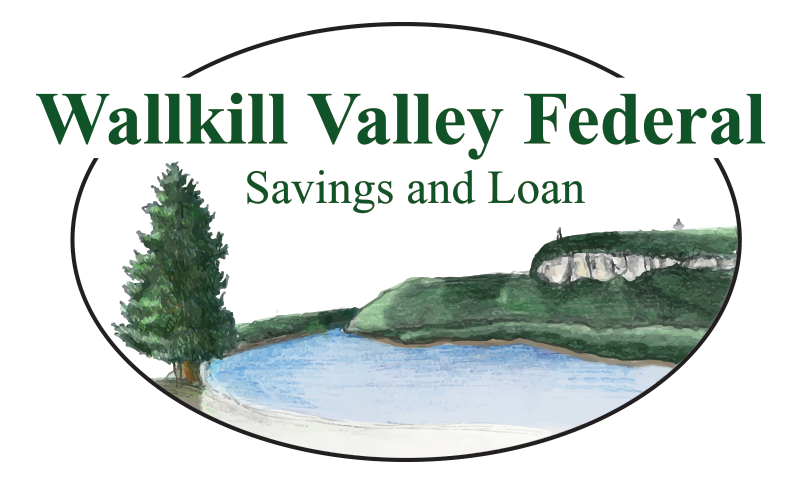When purchasing a house, most prospective buyers focus mainly on the down payment, without giving much thought to the other expenses. Closing costs can add significantly to your expected financial outlay, and you should plan for them to avoid any potential issues.
Closing costs defined
The term “closing costs” refers to the various expenses paid during the process of purchasing a home. They are called “closing costs” because they are payable at the close of a home purchase transaction. Some new home buyers are unaware of the specifics regarding these added costs which can leave them somewhat unprepared to pay them.
How much should you set aside for closing costs?
Generally you can expect closing costs to be 2% to 5% of the sale price of a house. For prospective buyers that have had troubles coming up with the down payment, even this small percentage can be prohibitive.
Factors that affect closing costs
There are factors that could affect how much you will have to pay in closing costs, including the state you live in and total purchase price of the house. While the actual amount may vary, 2% to 5% is pretty standard in most states.
Preparing for closing costs
If the home you are planning to purchase costs $200,000, that means you should have between $8000 to $10,000 set aside to cover closing costs. You should receive a disclosure statement detailing the closing costs three days before the close of the sale.
Items typically included in the closing costs include:
Application fee covering the cost of processing the application.
Bank attorney fee covering the amount that attorneys charge for reviewing closing documents.
Appraisal fee confirming the home’s market value.
Credit report fee to run your credit report outlining your credit score and history.
Homeowners insurance covering the homeowner’s insurance for the first year of ownership.
Lender’s policy title insurance/title search covering the search of property’s records to ensure that there is no other claim to the property. The search also signifies your legal ownership of the property.
Private Mortgage Insurance (PMI) which will be included if your down payment is less than 20% of the purchase price of the home.
Other fees that could be included in the closing costs are property taxes, recording fees, tax service fees, and underwriting fees.
Not all closings are the same.
Depending on the specifics defined in your contract, you may not have to pay for all these costs. For example, some sellers may be willing to shoulder part of the closing costs or in other cases, the full amount may be rolled into the mortgage (an example is homeowners insurance).
Want to learn more?
Our loan officers Cyndi O’Brien (NMLS# 754577) or Rick Farrow (NMLS# 800674) are always ready to answer any questions.We love nothing more than helping our customers achieve their dreams of homeownership.If you are ready to purchase a home but have concerns about having enough money set aside for closing, give us a call.
To reach Cyndi O’Brien, call 845-946-6635 or 845-895-2051 ext 431.
To reach Rick Farrow, call 845-527-2090 or 845-895-2051 ext 426.


